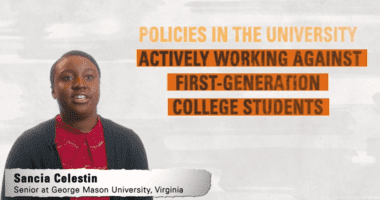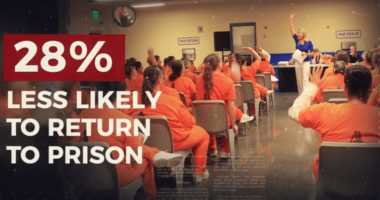The PROSPER Act Would Move Our Nation’s Higher Education System Backward
A bill proposed last week by Rep. Virginia Foxx (R-NC) to renew the Higher Education Act (HEA) undermines its historical role in advancing civil rights and falls far short of ensuring that low-income students and students of color will have equal access to a high-quality college education.
The bill, known as the Promoting Real Opportunity, Success, and Prosperity Through Education Reform (PROSPER) Act, contains some promising provisions, including proposals to streamline the FAFSA application process, enhance financial counseling programs at the college level, and provide technical assistance to institutions with programs at risk of losing their eligibility to receive federal student aid.
The potential benefits of these proposals, however, do not make up for other provisions that defy the legislation’s intent when it was signed into law in 1965. At the time, President Lyndon B. Johnson said, “We will reap the rewards of their wiser citizenship and their greater productivity for decades to come.” Johnson believed in the merits of providing students with financial resources to attend college so that no student would be denied a chance to participate in higher education due to finances or socioeconomic status.
These rewards, however, would be in peril if the PROSPER Act prevails. More, not less, needs to be done at the federal level to ensure colleges and universities serve as engines of social mobility. The PROSPER Act would do the opposite. It would decrease access to financial aid, remove student protections from predatory institutions, maintain the insufficiency of current data to assess policies and practices, and impose accountability measures that could very well harm low-income students and students of color. In short, it would reverse — not advance — the progress that’s been made in the past 52 years.
In a letter to the House Education and the Workforce Committee, John B. King Jr., president and CEO of The Education Trust, explains exactly how the PROSPER Act would take the country backward instead of moving it forward by helping all Americans gain access to a college education and the benefits that come with having a college degree.
We hope the committee will take seriously their responsibility to craft federal law that is consistent with the history of the Higher Education Act and focuses on ensuring equal access to a high-quality college education. The process to reauthorize the Higher Education Act will be a lengthy one, and it’s something The Education Trust intends to engage in so that the best interests of low-income students and students of color are represented.











